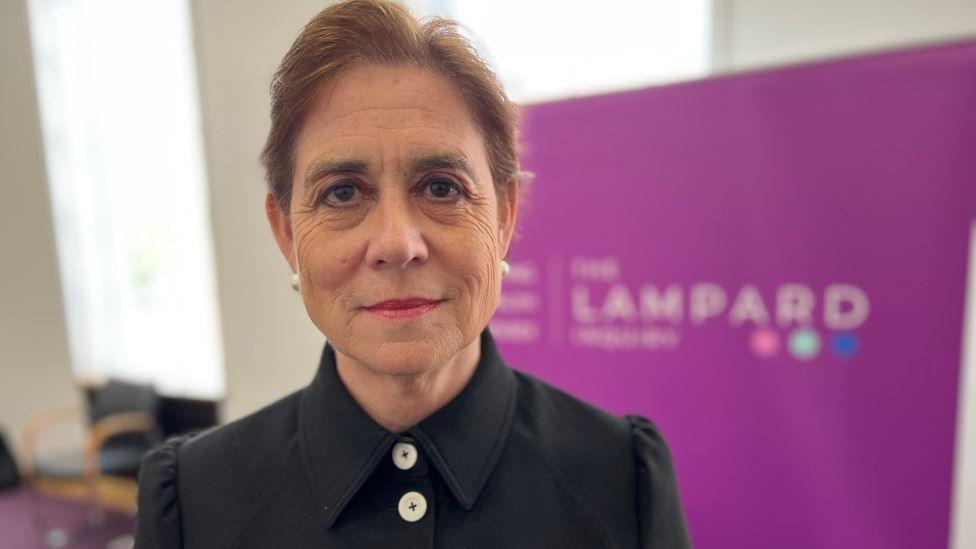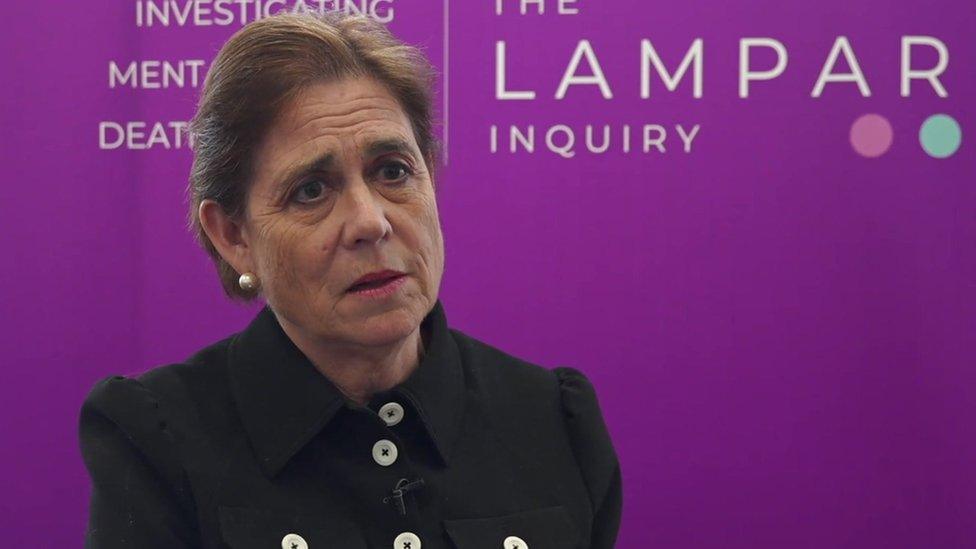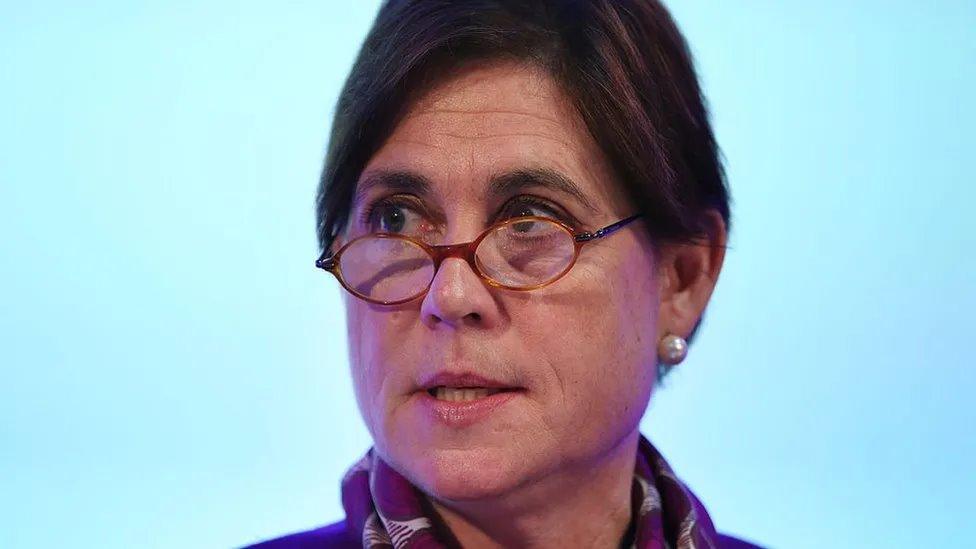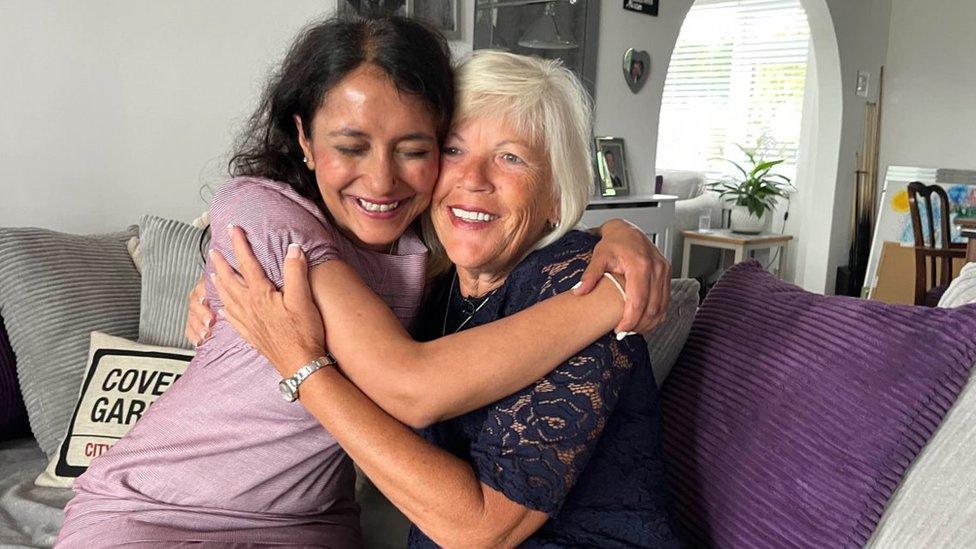More than 100 come forward for Lampard Inquiry

Baroness Lampard will chair the inquiry looking into the deaths of mental health patients in Essex
- Published
More than 100 people have come forward to take part in an investigation into the deaths of mental health patients, an inquiry has said.
The Lampard Inquiry, which begins in September, will look at the deaths of about 2,000 people who received mental health inpatient care in Essex between 1 January 2000 and 31 December 2023.
In April, chair Baroness Kate Lampard invited applications from the public to become core participants.
A core participant is a person or entity with a significant interest in the inquiry.
The scope of the investigation is to include people who died within three months of discharge, and those who died as inpatients receiving NHS-funded care in the independent sector.
The Baroness, previously said she was "committed to carrying out thorough investigations which are appropriately focused and proportionate".
During the hearings, due to begin on 9 September, there will be evidence from families of patients who died and current and former patients, as well as opening statements from the Baroness and the counsel to the inquiry, Nicholas Griffin KC.
Ten organisations, external including mental health trust the Essex Partnership University Trust (EPUT), and three integrated care boards covering Essex and NHS England, have already been declared core participants.
Statutory footing
The Lampard Inquiry does not have the power to make criminal or civil liability findings, but the Baroness said she was determined to get to the bottom of how so many patients were failed by the mental health system.
Designated core participants would be able to suggest lines of questioning for witnesses, and make opening or closing statements.
They could also receive disclosure of evidence.
An Essex Mental Health Independent Inquiry was established in 2021 but was only given statutory footing last year, which means it has legal powers to compel witnesses to give evidence.
At a previous inquiry, just 11 mental health staff out of 14,000 came forward to give evidence.
Get in touch
Do you have a story suggestion for Essex?
Follow Essex news on BBC Sounds, Facebook, external, Instagram, external and X, external.
Related topics
- Published22 April 2024

- Published11 April 2024

- Published28 June 2023
